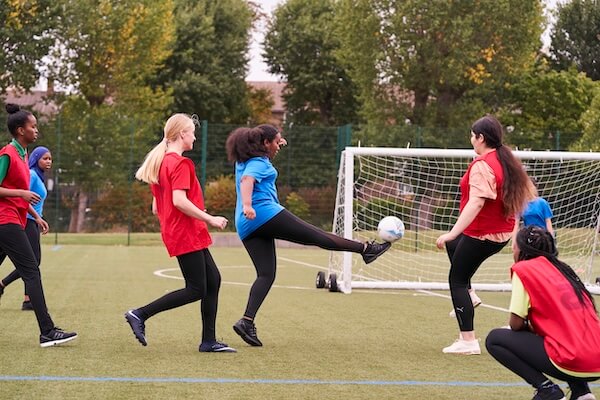
Bushwalking, or hiking as it's more commonly known internationally, is experiencing a surge in popularity across Australia. Between 2022 and 2023, 2.2 million Australian adults participated in bushwalking, marking a significant 15% increase from the previous year. This brings the national participation rate to 10%, highlighting a growing appreciation for the great outdoors. But hiking is more than just a pleasant way to spend a few hours; it offers a range of mental, social, and physical health benefits that make it a powerful activity for overall wellbeing.
Physical Benefits: A Full-Body Workout
Hiking is a fantastic form of physical exercise that offers numerous benefits beyond what you might achieve in a gym. Regular physical activity is essential for maintaining good health, and hiking provides a comprehensive workout that can improve cardiovascular health, strengthen muscles, and help manage weight.
Australians are spending less time outdoors and more time in sedentary activities than ever before, with less than a third of the population getting enough exercise to maintain their health. Hiking can be an enjoyable solution to this problem, as research shows that people tend to exercise longer and at a higher intensity when they’re outdoors compared to indoor workouts.
From improving heart health and lowering blood pressure to
enhancing muscle strength and coordination, hiking is a full-body
workout that also promotes mental clarity and reduces stress. The
weight-bearing nature of hiking can even help increase
bone density, reducing the risk of osteoporosis.
Mental Benefits: Nature’s Therapy
The mental health benefits of spending time in nature are well-documented, and hiking is one of the best ways to experience these benefits firsthand. Research shows that people who spend less time in natural environments tend to suffer from higher levels of depression, anxiety, and stress. Conversely, regular contact with nature can reduce stress, improve mood, and enhance overall quality of life.
Hiking allows you to disconnect from the daily grind and immerse yourself in the beauty and tranquility of the natural world. Whether you're navigating a challenging trail or strolling through a local park, the sights, sounds, and smells of nature can have a soothing effect on the mind. Studies have shown that even a short hike can reduce stress hormones, leaving you feeling happier and more relaxed.
Social Benefits: Strengthening Connections
In today’s fast-paced world, social connection is more important than ever. Loneliness and social isolation have been linked to a host of health problems, including high blood pressure, heart disease, obesity, and depression. Hiking is a great way to combat these issues by fostering social interaction.
Whether you're hiking with family, friends, or a local group, the shared experience of exploring the outdoors can strengthen relationships and build a sense of community. Hiking clubs and group walks are also excellent opportunities to meet new people with similar interests, creating a supportive network that benefits both mental and physical health.
Why You Should Start Hiking Today
If you’re not already part of the growing number of Aussies who enjoy hiking, now is a great time to start. Hiking is accessible to people of all ages, abilities, and fitness levels, making it an inclusive activity that everyone can enjoy. Whether you prefer a leisurely walk in a nearby park or a challenging trek up a mountain, there’s a trail out there for you.
The benefits of hiking go far beyond the physical; it’s a
holistic activity that nurtures the mind, body, and soul. So grab
your boots, head outdoors, and discover the many advantages of
hiking for yourself. Whether you’re looking to improve your
health, connect with others, or simply find some peace of mind,
hiking has something to offer everyone.






